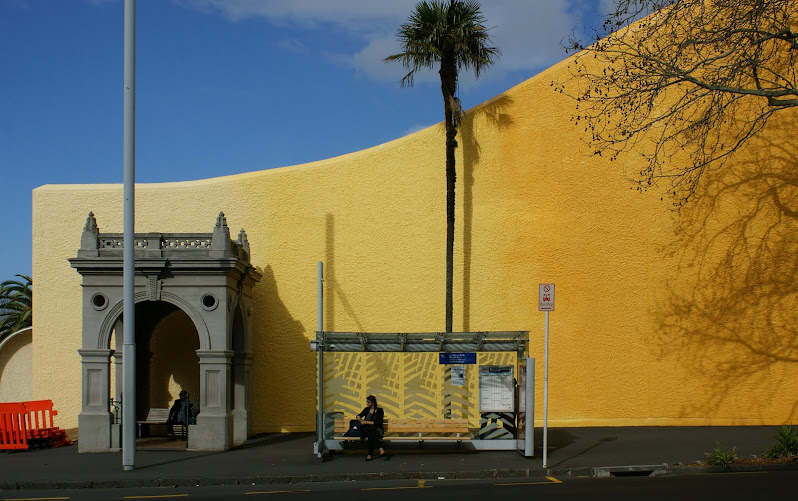 Following Easter weekend, public holiday surcharges are again being called both "greedy" and "necessary", while continued confusion led some cafes to levy a surcharge on Easter Sunday.
Following Easter weekend, public holiday surcharges are again being called both "greedy" and "necessary", while continued confusion led some cafes to levy a surcharge on Easter Sunday. Since the Holidays Amendment Act 2004, many eateries have levied customers on public holidays, citing costly public holiday provisions (workers get 'time-and-a-half' wages, plus a day-in-lieu). But while the Act applies on Good Friday and Easter Monday, Easter Sunday is not an official public holiday, so employers don't need to pay extra that day.
Some cafes say the 'high overheads' argument doesn't wash: increased trade on public holidays more than covers the extra wages. Others claim they can't open without a surcharge (varying from 10-20%). In the end, it depends how much retailers want the business: a well-known garden centre chain opened as normal across the whole Easter break, confident the extra trade and publicity would easily offset a possible $1,000 fine.
I would not be surprised to see surcharges go – and sooner than later. Some eateries don't impose surcharges - and use that as a marketing tool: competition may pressure others to follow.
 With so many authorised exemptions now, the law seems farcical anyway – it's as if it's there simply because the government says so, not because it serves any modern practical purpose. There's a wariness of removing all trade restrictions, as the law exists to protect Easter's religious significance. But as Christianity loses its dominance here, the law looks more outdated each year. Yet there's also the argument that, as only 3½ restricted trade days remain in New Zealand, is it really such a hassle for shoppers to find businesses closed on those days?
With so many authorised exemptions now, the law seems farcical anyway – it's as if it's there simply because the government says so, not because it serves any modern practical purpose. There's a wariness of removing all trade restrictions, as the law exists to protect Easter's religious significance. But as Christianity loses its dominance here, the law looks more outdated each year. Yet there's also the argument that, as only 3½ restricted trade days remain in New Zealand, is it really such a hassle for shoppers to find businesses closed on those days? If a person is inclined to not want to shop on a particular day, do they need this quaint law to assist them in their personal choice?




No comments:
Post a Comment